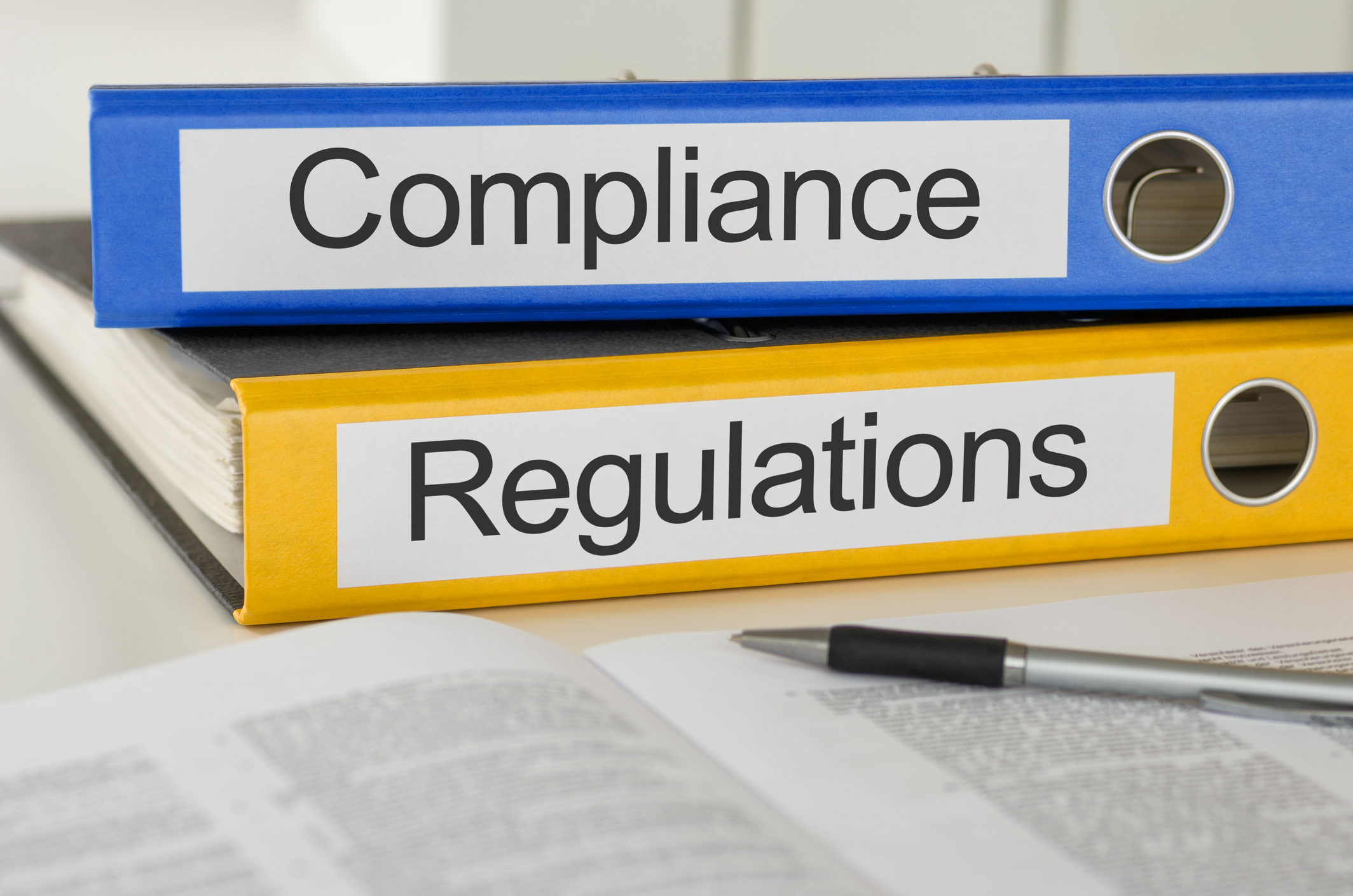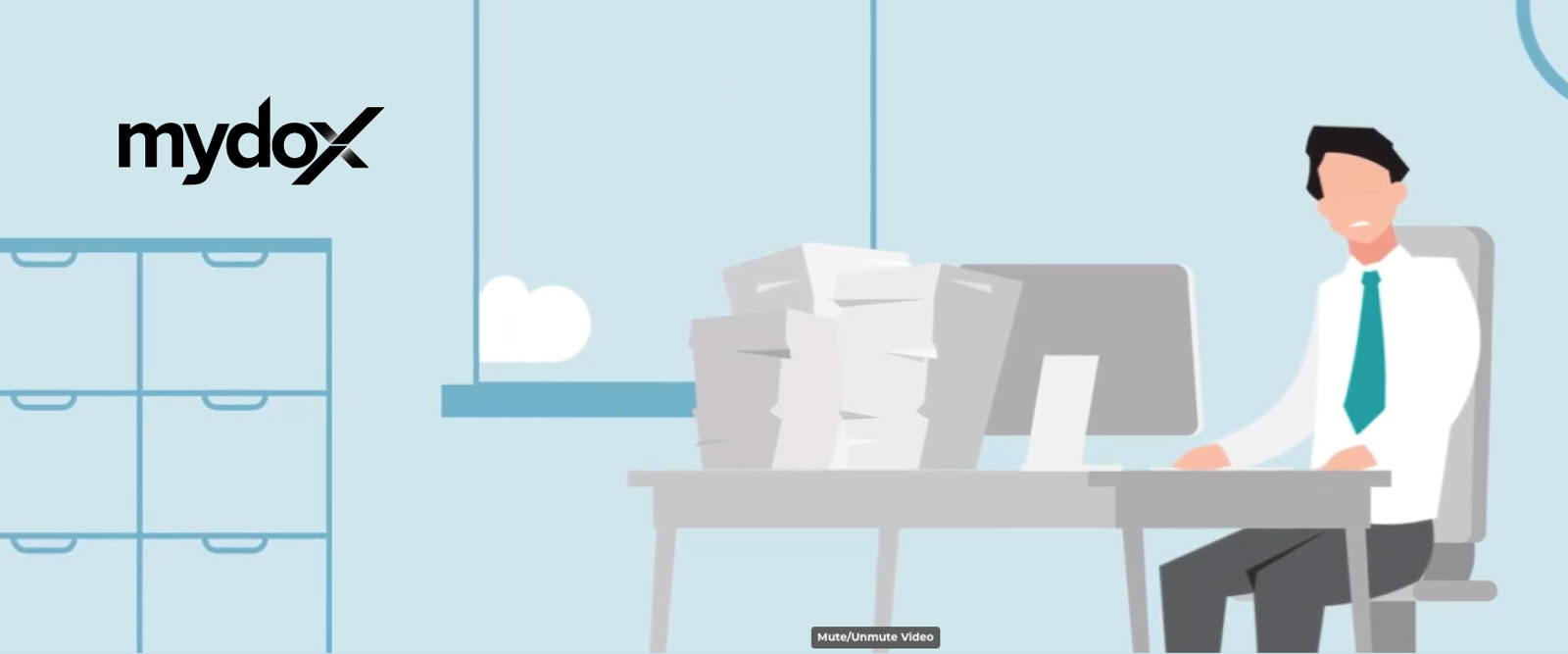
In today’s fast-paced and demanding work environments, the importance of mental health cannot be overstated. As businesses strive for productivity and growth, it’s essential to recognise that a healthy workforce is the foundation of any successful organisation. Prioritizing mental health in the workplace not only benefits employees but also enhances overall business performance.
Why Mental Health Matters
Mental health affects how we think, feel, and act. In the workplace, poor mental health can lead to decreased productivity, higher absenteeism, and increased turnover rates. Employees struggling with mental health issues may find it challenging to concentrate, collaborate, and contribute effectively. Conversely, when mental health is prioritised, employees are more engaged, motivated, and resilient.
Implementing Mental Health Initiatives:
Start by conducting a mental health assessment within your organization to identify areas for improvement. Use surveys or focus groups to gather insights from employees about their needs and concerns. Based on this feedback, develop initiatives tailored to your workforce. These could include workshops on stress management, mindfulness sessions, or mental health days.
Creating a Supportive Environment
- 1. Open Communication: Foster an environment where employees feel safe discussing mental health without fear of stigma. Regular check-ins and open dialogues can help normalize these conversations.
- 2. Training and Resources: Provide training for managers and staff on recognising signs of mental distress and understanding how to offer support. Access to mental health resources, such as counseling services or wellness programs, is crucial.
- 3. Flexible Work Options: Consider offering flexible work hours or remote work options. This flexibility can help employees manage their work-life balance and reduce stress.
- 4. Promote Work-Life Balance: Encourage employees to take regular breaks and use their vacation time. A culture that values work-life balance leads to happier, healthier employees.
- 5. Employee Recognition: Regularly acknowledge and celebrate employees’ contributions. Recognition can boost morale and promote a sense of belonging, which is vital for mental well-being.
Download a free support services document.

It includes available support services and resources for employees, such as counselling services, and peer support networks to access when needed.
Just fill out the form and we will email it to you.

























